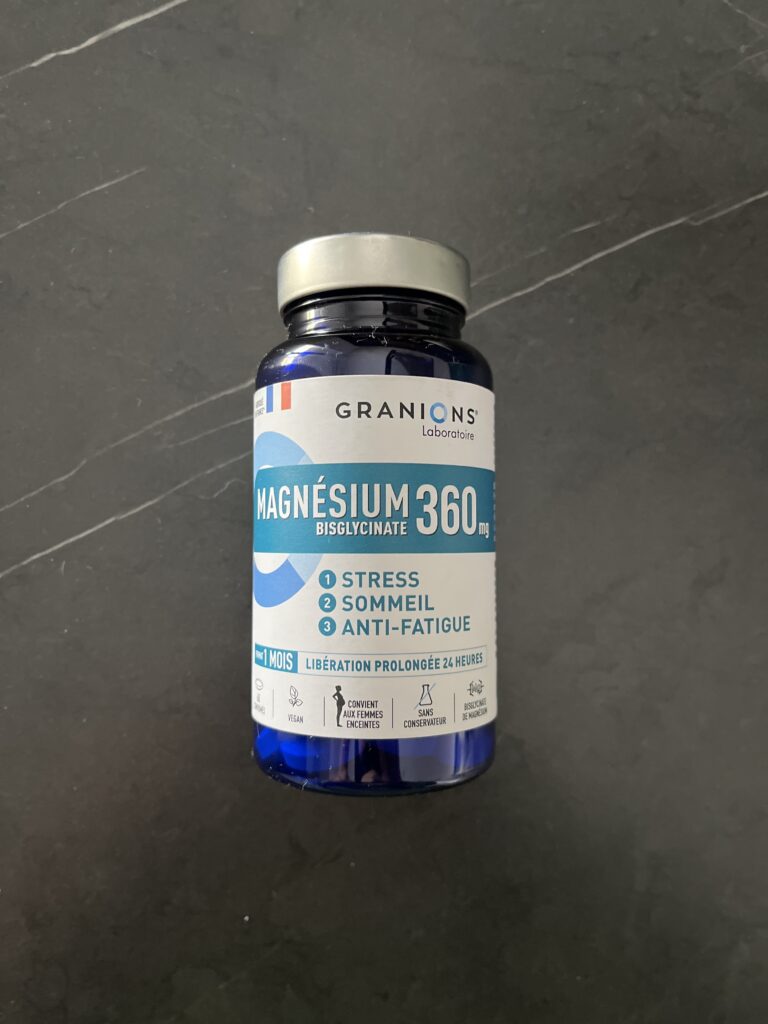A Key Element in Fitness and Recovery

In the pursuit of fitness and overall health, we often focus on aspects like diet, exercise routines, and even mental wellness practices. However, there’s one crucial element that sometimes doesn’t get the attention it deserves: magnesium. This mighty mineral plays a significant role in our bodies, particularly when it comes to recovery after workouts and maintaining overall well-being. Let’s dive into why magnesium is so important and how you can ensure you’re getting enough of it.
The Magnificent Benefits of Magnesium
Magnesium is involved in over 300 biochemical reactions in the body, highlighting its essential role in our overall health. When it comes to fitness and exercise, magnesium plays several key roles:
1. Muscle Function and Recovery: One of magnesium’s primary functions is to help muscles contract and relax properly. During exercise, our muscles undergo stress and strain, leading to microscopic damage that is necessary for growth and strength development. Magnesium aids in muscle relaxation post-exercise, reducing cramps, spasms, and overall muscle soreness.
2. Energy Production: Magnesium is a cofactor in the production of adenosine triphosphate (ATP), which is the energy currency of our cells. Without adequate magnesium, our energy production pathways can be compromised, leading to fatigue and decreased performance during workouts.
3. Electrolyte Balance: Alongside potassium, sodium, and calcium, magnesium plays a vital role in maintaining electrolyte balance in the body. Electrolytes are crucial for hydration, nerve function, and muscle contractions—all essential components of an effective workout and recovery process.
4. Stress Reduction: Chronic stress can deplete magnesium levels in the body. Magnesium helps regulate the stress response by supporting neurotransmitter functions and promoting relaxation, which is crucial for both physical and mental recovery.
The Link Between Magnesium and Recovery
After an intense workout, your body goes into repair mode. Muscles rebuild and grow stronger, glycogen stores are replenished, and cellular damage is repaired. Magnesium contributes to this process in several ways:
1. Muscle Relaxation: As mentioned earlier, magnesium promotes muscle relaxation, reducing post-workout cramps and stiffness. This relaxation phase is vital for allowing muscles to recover and grow.
2. Protein Synthesis: Magnesium is involved in protein synthesis, the process by which your body builds and repairs muscle tissue. Ensuring adequate magnesium levels can optimize this crucial aspect of recovery.
3. Inflammation Regulation: Exercise, especially intense workouts, can lead to temporary inflammation as part of the repair process. Magnesium has anti-inflammatory properties that can help manage this response, promoting faster recovery.
Ensuring Adequate Magnesium Intake
Now that we understand the importance of magnesium, how can we ensure we’re getting enough of it?
1. Dietary Sources: Incorporate magnesium-rich foods into your diet, such as leafy greens (spinach, kale), nuts and seeds (almonds, pumpkin seeds), legumes (beans, lentils), whole grains (brown rice, quinoa), and dark chocolate.
2. Supplements: If you struggle to get enough magnesium from food alone, consider a magnesium supplement. Look for forms such as magnesium citrate, magnesium glycinate, or magnesium oxide, ensuring they align with your specific needs and digestive tolerance.
3. Hydration: Adequate hydration supports electrolyte balance, including magnesium levels. Drink plenty of water throughout the day, especially during and after workouts.
4. Monitor Stress Levels: Chronic stress can deplete magnesium levels, so incorporating stress-reducing practices like mindfulness, yoga, or meditation can indirectly support magnesium status.
Listen to Your Body
Every individual has unique magnesium needs based on factors such as age, activity level, and overall health. Pay attention to signs of magnesium deficiency, such as muscle cramps, fatigue, and irritability. By prioritizing magnesium intake and overall wellness practices, you can optimize your recovery, enhance your fitness journey, and promote long-term health and well-being.
In conclusion, magnesium may not always be in the spotlight, but its role in fitness, recovery, and overall health is undeniable. By giving this mineral the attention it deserves, you can unlock its potential benefits and take your fitness journey to new heights.
Here’s to a healthier, magnesium-rich lifestyle!
